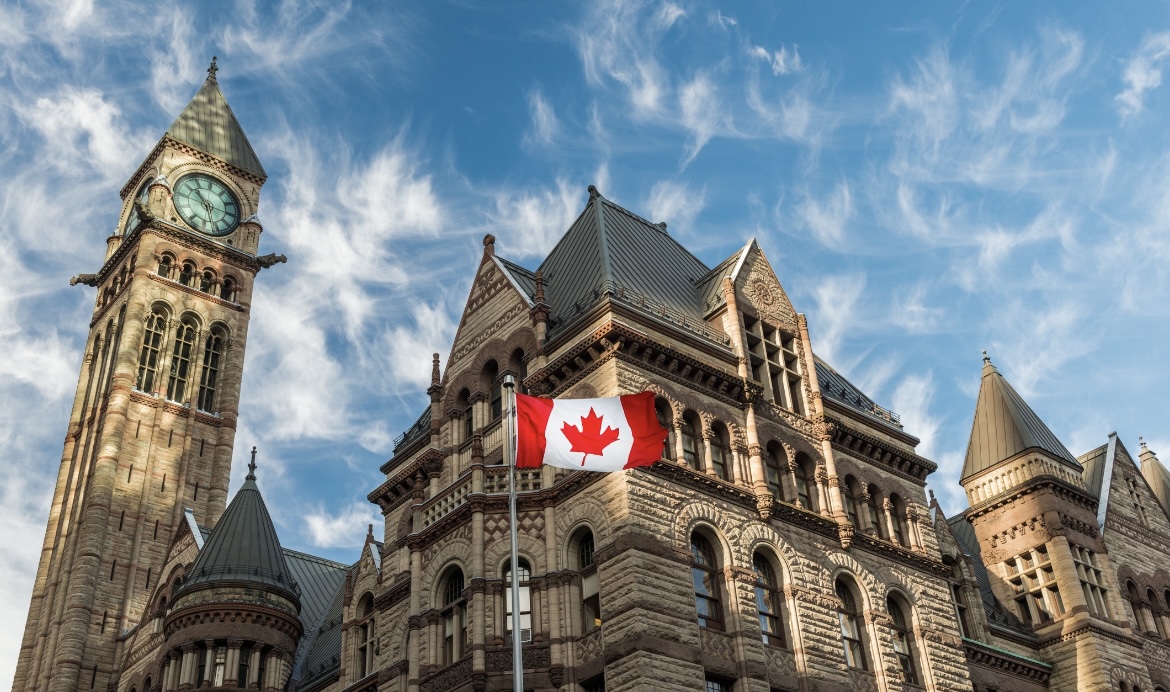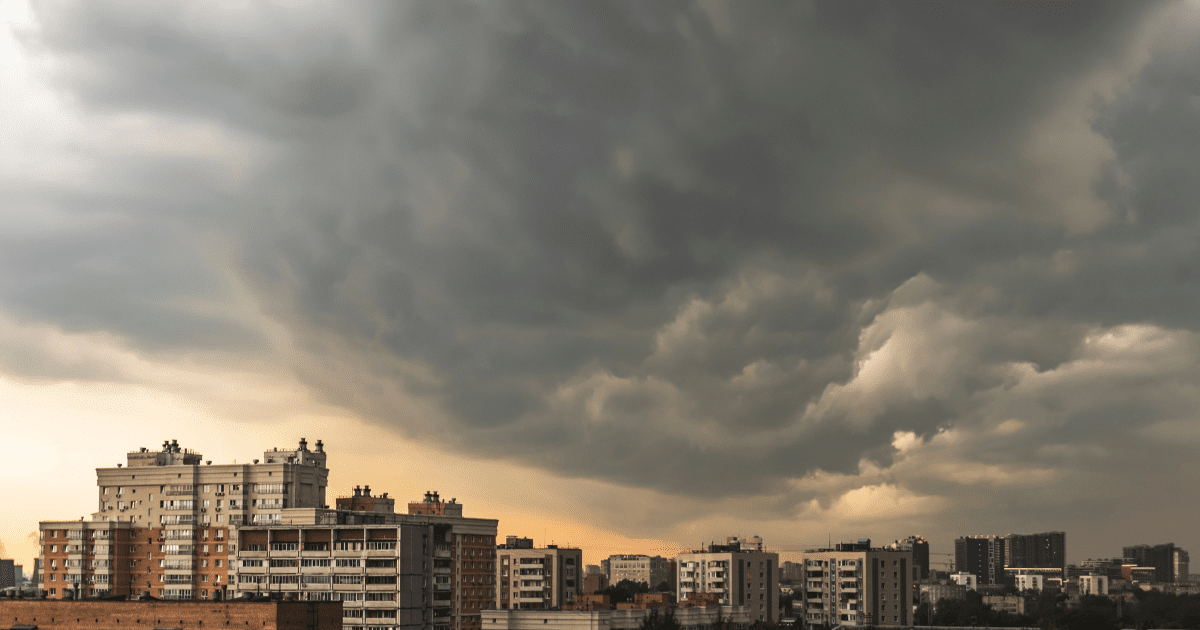Shocker, no one can afford them. 600k+ shoebox condos with expensive condo fees aren’t selling, it really isn’t surprising. The only way people were affording them before was A) investment property hoping that some other sucker would buy it for more than they paid or B) with generational wealth.
Our average incomes cannot effectively support these prices, either wages need to go up or housing costs need to go down. I can tell you which is easier to do.
I make a bit over 100k a year which is about 40k above the average, take home after all taxes is about 60k. Over my working career assuming I retire at 65 and rates stay the same I will have made a bit over 2 million dollars clear.
If a home is 600k and I have to take a mortgage out that doubles the cost. Now that home is 1.2m. Now add in condo fees, special assessments, maintenance, and property taxes and basically all my income earned over my working career just went into paying for this condo. Sounds like a great investment right?
Housing went from a necessity to a speculative commodity. We are now just watching the fall out of that in slow time as the government is doing everything in it’s power to kick the can down the road.
It will pop one day, and when it does the fall out is going to get worse and worse as time progresses.






